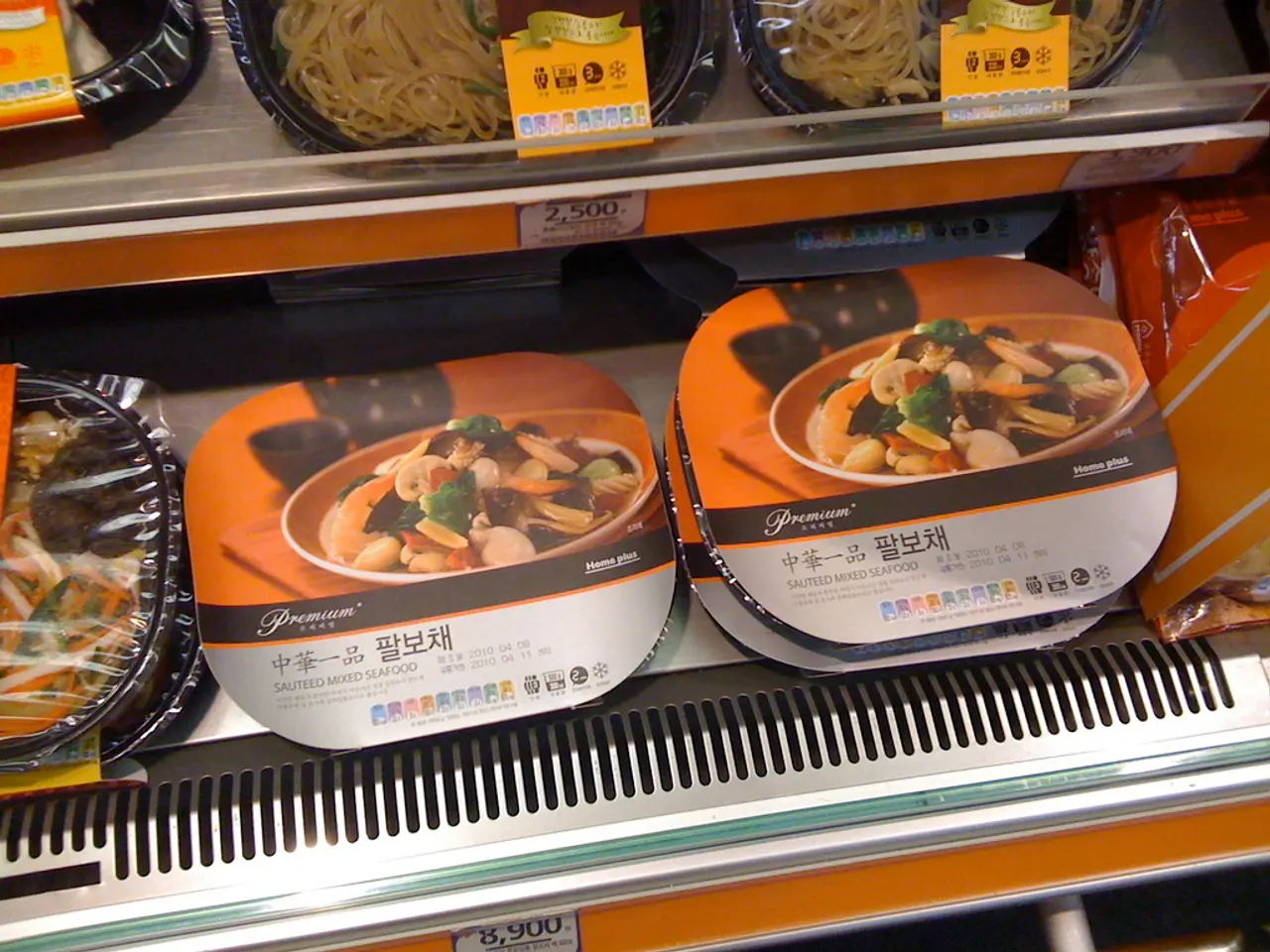EU member state Romania ranks as having the most affordably priced food among its peers
In a study published by Eurostat in June 2021, the comparative price levels of consumer goods and services across European Union (EU) countries were analysed. Although specific data for 2020 was not provided, the recent figures suggest a similar pattern from previous years, including 2020.
The study revealed significant variations in consumer price levels across the EU. Countries like Denmark stood out as the most expensive, with price levels approximately 43-45% above the EU average. On the contrary, Bulgaria was the least expensive, with price levels about 40-41% below the EU average.
This means that **Denmark was the most expensive country for consumer goods and services**, while **Bulgaria was the cheapest** in the European Union in 2020, based on purchasing power parities and price surveys.
These price level indices offer insights into the cost differences in a broad basket of consumer goods and services, which are crucial for understanding economic comparisons across the EU, such as GDP or income levels adjusted for purchasing power. For exact numeric values of the consumer price indices for each EU country in 2020, these are typically available through Eurostat databases or detailed Eurostat reports on the comparative price levels of consumer goods and services.
Interestingly, Romania may be the cheapest country to buy food in the European Union. However, Romania's food security ranking within the EU is not as prominent, with the country ranked 15th among European countries in terms of food security, according to the Global Food Security Index published in December 2020. In the global security food index, Romania is ranked 23rd regarding the quality and safety of food.
These findings provide valuable insights into the economic landscape of the European Union and can help individuals and businesses make informed decisions when planning to operate or travel within the region.
In the context of personal-finance, these insights into the cost differences in consumer goods and services across European Union (EU) countries can help budget-conscious individuals and families plan their spending, as Denmark, with its high consumer prices, might be a less favorable destination for saving on expenses, compared to the cheaper Bulgaria. On the other hand, when considering food expenses specifically, Romania might offer an advantage due to its relatively low food prices, but one should also consider Romania's food security ranking within the EU to make a well-rounded decision.




